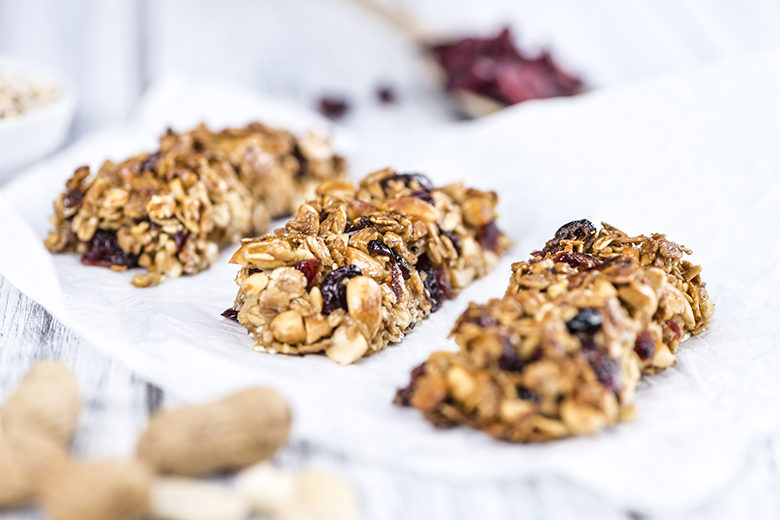
The “zero waste” movement has been gaining traction over the past decade, popularized recently by millennials and environmental activists alike. Living zero-waste not only encourages recycling and composting waste, but also the reuse of materials through ultimately restructuring production and distribution systems to end the landfill lifecycle. ![]() Simply put, radical zero-wasters aim to eliminate all forms of waste, rather than just reducing it.
Simply put, radical zero-wasters aim to eliminate all forms of waste, rather than just reducing it.
It may sound like a lofty goal, but as the global, economic and environmental impact of reducing waste is studied, more companies and organizations are implementing strategies to become more resourceful.
Looking more closely at personal consumption and household waste is the first step to improving our footprint. According to the Environmental Protection Agency, Americans alone create an average of 4.4 pounds of waste per day, generating a total of 254 million tons of trash in 2013. Of that staggering amount, 38 million tons came from food waste.
Reducing, recycling and reusing can feel overwhelming, but like any goal worth achieving, every small step makes an impact. With today’s on-the-go, convenience-driven lifestyle, our eating habits are not only affecting our health, but the environment as well.
Start with Snacking
The simplest way to implement zero-waste habits into a daily routine is to start with snacks. While there are many healthy, convenient snack labels on the market fueling our fast-paced lifestyle, they’re often individually wrapped upon being packaged or boxed. While some packaging can be recycled, it still takes effort and energy that may be used more productively elsewhere.
Purchasing items in bulk and shopping with reusable produce bags cuts out additional packaging waste. Shop in season and put your glass storage containers to use for these five portable, zero-waste snacking ideas:
Seasonal fruits and veggies: Apples, pears, berries and stone and citrus fruits make for trash-free and easy snacking. Easily portable veggies include broccoli, radishes, carrots and edamame. Toss the rinds of citrus fruit and edamame pods in the compost bin.
Nut butter: A simple and satisfying option, perfect for spreading or dipping. Either grind your own into a reusable jar or recycle the container it comes in.
Nuts and seeds: Pumpkin seeds, almonds, walnuts and pecans are go-to options. Fill up a reusable cloth bag or jar at the bulk bins.
Roasted chickpeas: Make ahead and munch for an easy, healthy snack. Take them with you in a small jar.
DIY granola bars/trail mix: The variations are endless with common items available in the bulk section of most grocery stores. Wrap bars in compostable parchment paper for easy transport.
Whether you are a beginner or seasoned zero-waste advocate, practicing more mindful snacking behavior improves our health, protects our resources and encourages more sustainability.




